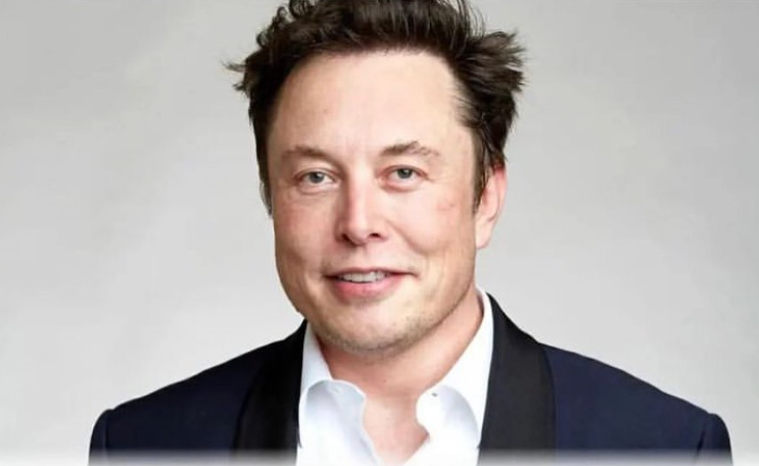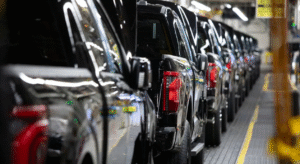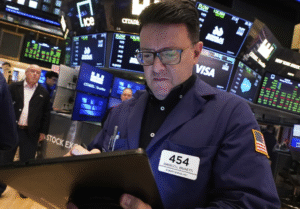Shares of Tesla surged on Wednesday following the news of Donald Trump’s return to the White House, an outcome that had received significant support from Tesla CEO Elon Musk during the final months of the election campaign.
Under a Trump administration, Tesla stands to benefit, especially with the potential reduction in subsidies for alternative energy and electric vehicles, a change that would be more detrimental to smaller competitors than to the industry leader.
As of mid-2024, Tesla leads the U.S. electric vehicle market with a 48.9% share, according to the Energy Information Administration.
Tesla’s stock jumped 13% on Wednesday, while shares of rival electric vehicle manufacturers saw declines.
Trump has also proposed imposing tariffs of 10% to 20% on foreign products, which would affect overseas electric vehicle makers, particularly those in China. As a result, the stock prices of Chinese EV companies also dropped in U.S. markets.
“Tesla’s scale and reach are unparalleled,” said Dan Ives, an analyst at Wedbush, in a message to investors. “This advantage could give Musk and Tesla a strong competitive edge in a market without EV subsidies, especially when combined with the likely increase in tariffs on Chinese imports, which would make it harder for lower-cost Chinese EV manufacturers to compete.”
The Inflation Reduction Act, signed into law by President Joe Biden in 2022, includes subsidies for clean energy, offering tax credits for both manufacturing and electric vehicle (EV) consumers.
Shares of competitors to Tesla took a hit, with Rivian falling 9%, Lucid Group down 3.1%, and Chinese EV maker NIO dropping 6%.
Elon Musk was one of Donald Trump’s top financial backers, contributing over $70 million of his own money to the presidential campaign and other Republican causes. He also committed to donating $1 million per day to voters who signed a petition for his political action committee.
Despite these gains in stock value following the election, it has been a challenging year for Tesla, with both sales and profits declining during the first half of the year. However, profits did see a 17.3% increase in the third quarter.
The U.S. has launched an investigation into Tesla’s “Full Self-Driving” (FSD) system following reports of crashes in low-visibility conditions, including one fatal incident involving a pedestrian. The probe affects approximately 2.4 million Teslas, spanning model years 2016 to 2024.
Shares of Tesla took a hit last month after the company showcased its long-anticipated robotaxi at a Hollywood event. Investors were disappointed by the lack of significant progress on Tesla’s autonomous driving technology, especially as other companies in the field have made notable advancements.
Tesla introduced its “Full Self-Driving” software nine years ago, but concerns about its reliability persist.












